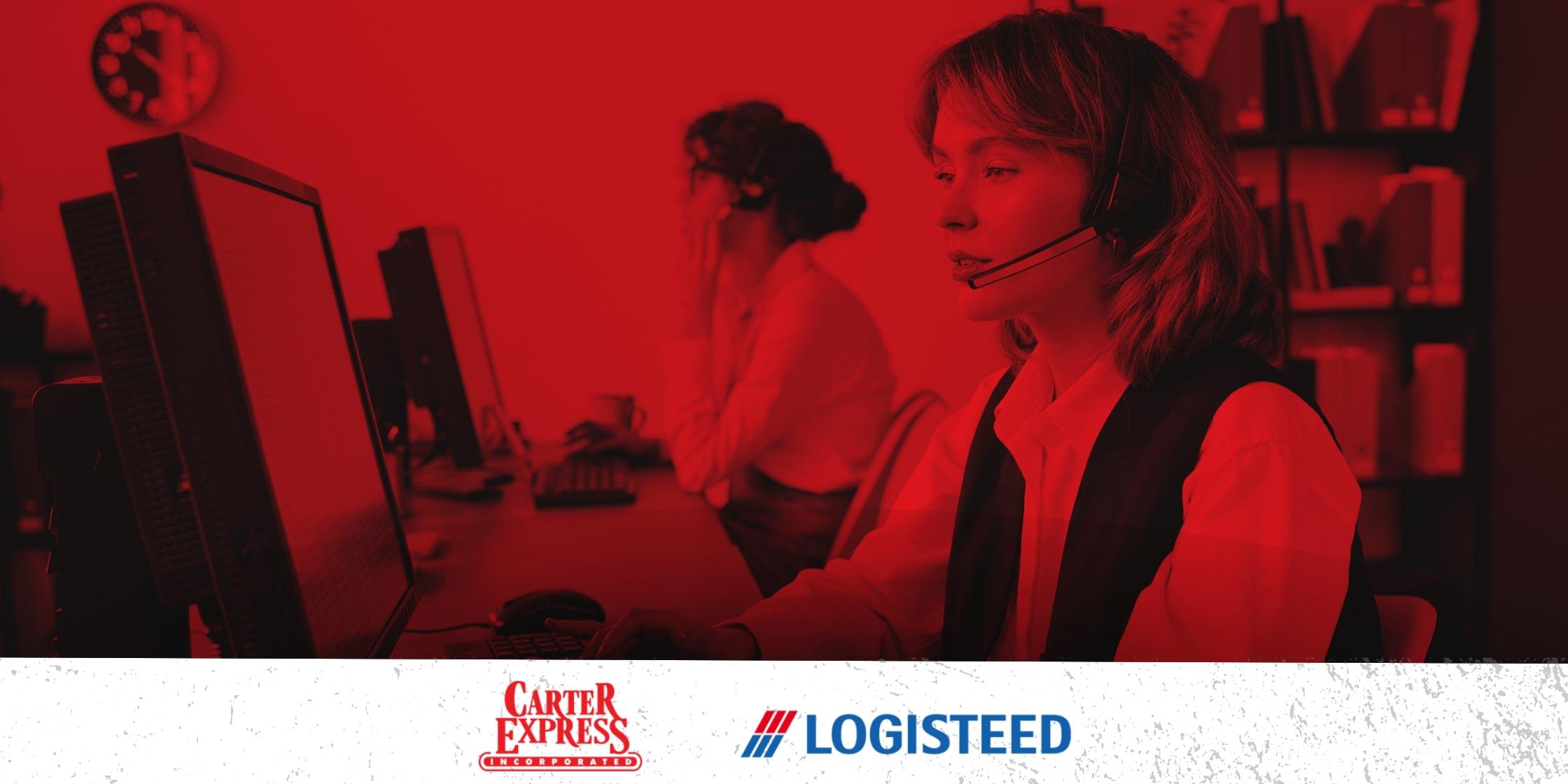Discover how artificial intelligence (AI) is transforming trucking without replacing drivers. This blog separates myths from reality, highlighting AI's role in improving efficiency, safety, and job opportunities. Learn about tools like route optimization, predictive maintenance, and driver-assist systems, and why the human element remains irreplaceable. At Carter Express, we embrace AI as a tool to support truckers, not replace them. Explore the future of trucking with us!
As technology continues to advance, discussions about artificial intelligence (AI) and its impact on various industries, including trucking, have risen to the forefront. It's natural to have questions and even concerns about how these changes might affect truck driving as a profession. But, there are many myths surrounding this topic. We want to address the realities surrounding AI in the trucking industry, along with how it is shaping the future of trucking.
AI refers to advanced technologies that use data and algorithms to perform tasks traditionally handled by humans. In many ways this can improve efficiencies and make tasks simpler for the people behind them. In trucking, AI is already making waves by improving operations, enhancing safety, and driving overall efficiency.
At its core, AI in trucking is less about replacing jobs and more about evolving the work professional drivers already do. It’s a tool to improve safety, efficiency, and working conditions across the industry.
Myth 1: AI Will Replace All Trucking Jobs
Reality: While AI and automation are making strides in the trucking industry, the complete replacement of professional drivers is not on the horizon. AI is expected to transform trucking jobs, with drivers increasingly overseeing systems, ensuring safety, and focusing on higher-value tasks. Drivers’ roles will evolve, but the necessary human element—decision-making, problem-solving, and customer service—remains irreplaceable.
Myth 2: Autonomous Trucks Are Just Around the Corner
Reality: Fully autonomous trucks are still a work in progress. Factors like technology limitations, public acceptance, and regulatory hurdles mean that widespread deployment is years, if not decades, away. Plus, some states are already considering laws that require human intervention even when autonomous trucks do enter the scene. For example, California has drafted regulations requiring safety drivers in autonomous trucks during initial deployment phases, showing that human oversight will continue to be critical in the foreseeable future.
Myth 3: AI Will Lead to Mass Unemployment in Trucking
Reality: Technological advancements historically create new industries and opportunities. AI may shift some roles, but it also generates demand for professionals skilled in areas like data analysis and AI system maintenance. The trucking industry will need human expertise to manage and optimize AI tools, ensuring they’re used effectively and safely.
Myth 4: AI Will Make Trucking Less Safe
Reality: Far from making trucking less safe, AI has the potential to significantly enhance safety. It actually already has. For example, driver-assist technologies like automatic braking and lane-keeping systems help prevent accidents. Additionally, predictive maintenance ensures trucks are road-ready, reducing the risk of breakdowns. By working alongside drivers, AI is a tool that supports and improves safety on the road.
At Carter Express, we embrace technological advancements to improve operations and enhance your experience as a professional driver. AI is a tool, not a replacement—it helps us work smarter and safer while allowing you to focus on the parts of the job only a human can do.
Your role remains essential. Decision-making, adaptability, and personal interactions are things no machine can replicate. The future of trucking is bright, and together, we’ll navigate these changes, ensuring you’re equipped for the road ahead. Let’s continue driving forward—one mile at a time.

